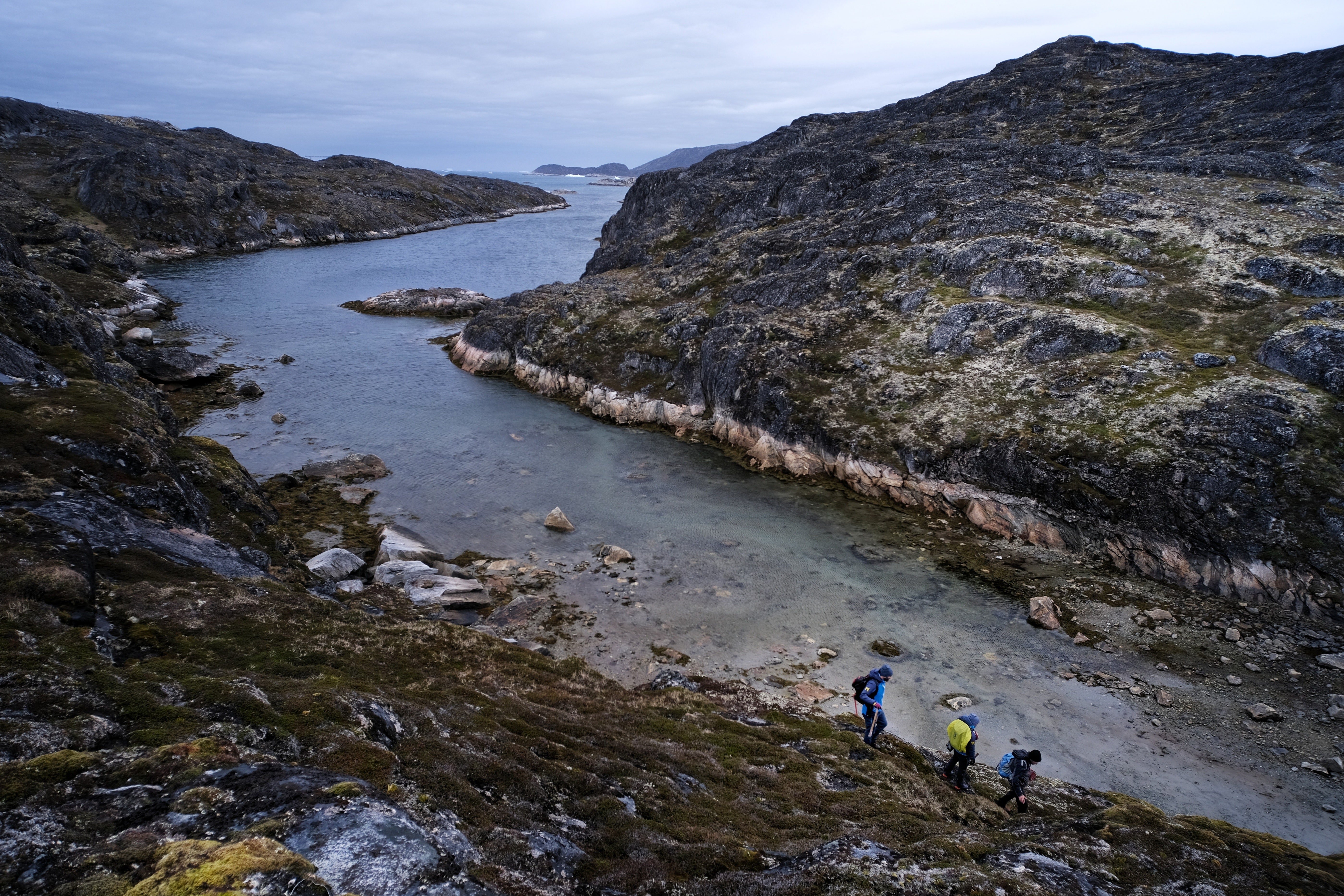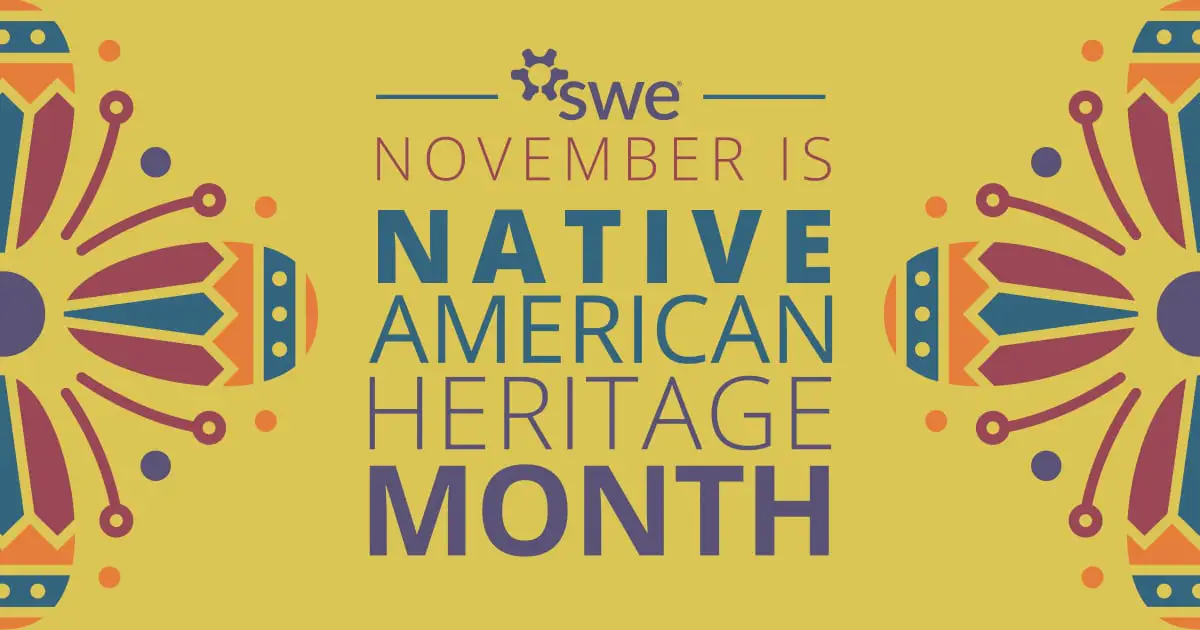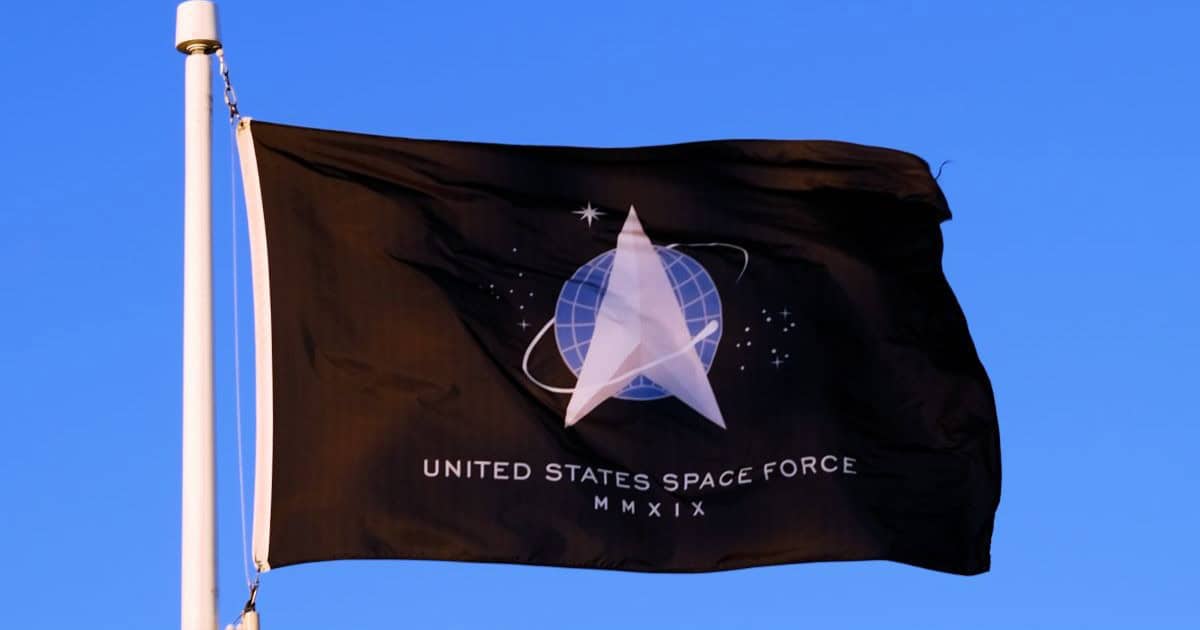This story originally appeared on WIRED Italia and has been translated from Italian.
In the quest to decarbonize the world, one element gets a lot of hype: hydrogen. “If you burn it, it produces only water, with no impact on the environment,” explains Alberto Vitale Brovarone, a professor in the Department of Biological, Geological, and Environmental Sciences at the University of Bologna in Italy. Hydrogen’s supporters believe it can be a solution for cleaning up everything from transport to agriculture to heavy industry.
But its green credentials only stack up if you can produce it without emitting carbon. And this is why some are getting very excited about geological or “gold” hydrogen, the name given to the element when it forms naturally underground. This can happen as a result of a chemical reaction between water and iron-rich rocks, or by radiolysis, the splitting of water molecules by radiation into hydrogen and oxygen.
“Compared to other types of hydrogen, it does not require energy to be produced,” says Vitale Brovarone. He therefore predicts a gold hydrogen rush is on the horizon. The problem is we know very little about the element when it forms naturally underground, and so the research world is in a race against time to find out more before hasty and blind mass mining begins. “From the industry’s point of view, it simply has to be extracted,” says Vitale Brovarone. “Instead, first it has to be understood how simply that can be done and with what consequences.”
Vitale Brovarone and his colleagues believed Greenland could help answer these questions, and so they organized a special mission to the Arctic territory to hunt for more information, as part of the five-year ERC CoG DeepSeep program funded by the European Union.
Alongside Vitale Brovarone were four scientists from the University of Bologna, one from the Institute of Geosciences and Georesources at Italy’s National Research Center, and one from the University of Copenhagen. They spent 10 days in this land of nearly 2-billion-year-old rocks, having spent six months preparing their mission using maps and satellite data. Despite their meticulous planning, they had to be adaptable. Due to “unforeseen icebergs” the researchers had to change areas, while at one point a bear spotted in their vicinity forced them to seek shelter in a school. But in the end, the trip was worthwhile: It gave them samples rich in H2 to study.
Across the world, gold hydrogen is popping up where we don’t expect it, creating questions about the dynamics by which the element accumulates in reservoirs and the role it plays in subsurface ecosystems. There are already some concerns: If the hydrogen reacts with geological substrates or is processed by certain microorganisms, geological hydrogen can produce methane or hydrogen sulfide. Vitale Brovarone uses these two examples to explain to why diving headfirst into extracting gold hydrogen risks creating new problems instead of solving existing ones, and why more information is needed.
Since we do not fully know what has been regulating the presence of H2 rocks for millions or billions of years, it is better to wait before breaking them by extracting the element, Vitale Brovarone says. The same goes for storing artificially produced hydrogen in reserves underground, he says. The idea of being able to do so has already excited industry, prompting them to move in a timeframe that is not compatible with what the research world needs to understand how the gas behaves.
“We travel on different lines and at different pace,” he says. “We need to understand how hydrogen behaves in nature, because many dynamics only emerge after years. Industry would like quick and decisive answers; science needs time, and also funds, which, for hydrogen, are still scarce.” Unlike France, Australia, and the United States, which have their sights set on harvesting gold hydrogen, Italy has not yet invested in gathering it, preferring to bet on hydrogen production instead. Thanks in part to the University of Bologna expedition, however, Italy becomes one of the few countries in the world looking to understand more about it.






